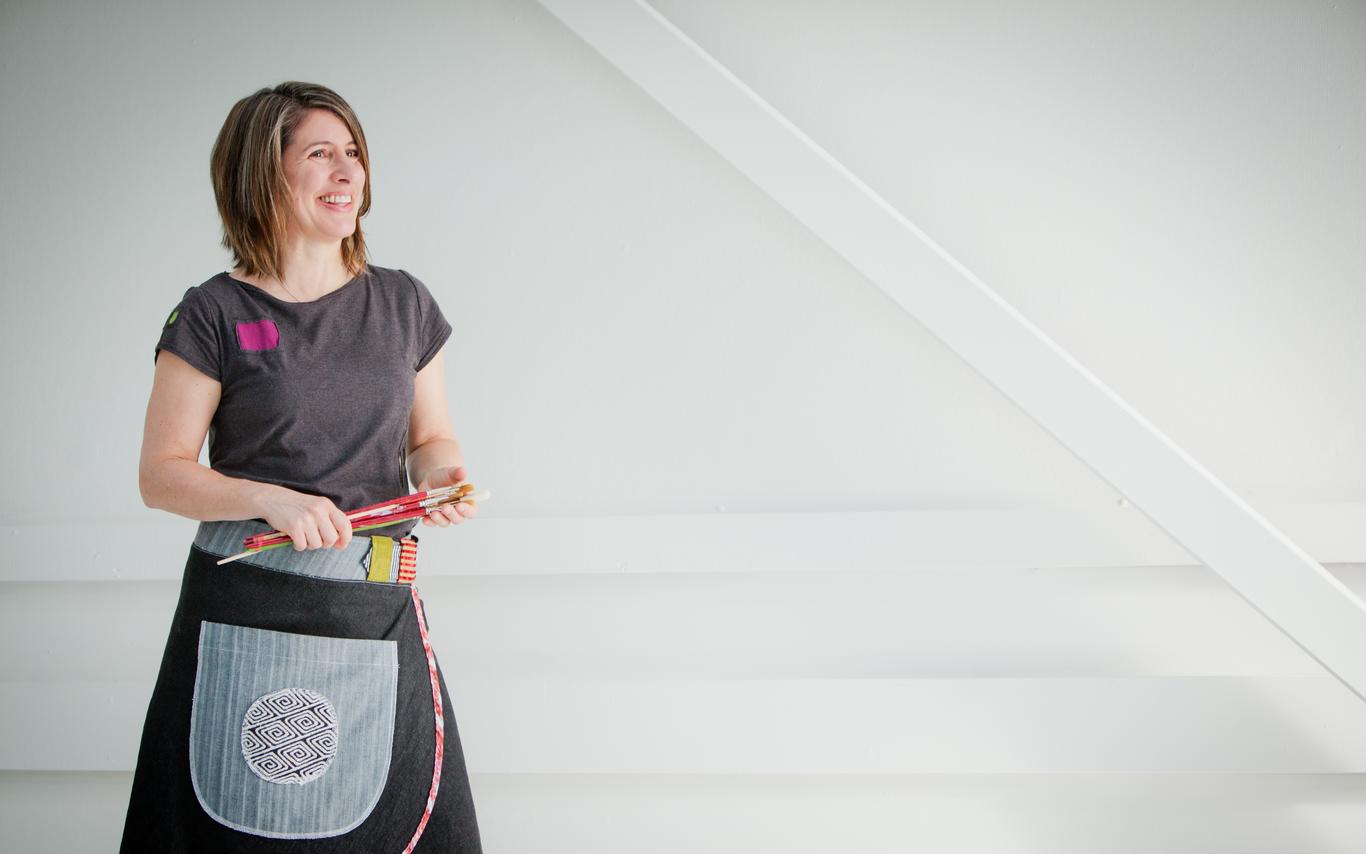Why Study History?
In today’s technology-driven culture, ideas or items from earlier generations are often dismissed or denigrated, yet knowledge and understanding of the past remains as crucial as ever. As a wise First Nations elder recently put it, “We may think we’re through with the past, but is the past through with us?” The answer, of course, is an emphatic no! We can have no real understanding of an individual, family, neighbourhood, or nation if we know nothing of their respective pasts. Without historical context, we live in perpetual ignorance, and the consequences of that are rarely positive.
With that in mind, students of history have an important and exciting task as they attempt to document the complexities of human existence. It is, in some respects, a daunting challenge, but, from ancient times, there have always been those who worked to preserve the ‘stories’ of their people. Those who study and write history are part of that legacy; and, while the human story is vast and complex, the immensity of the subject also creates opportunities. Today, more than ever, historians, both professional and amateur, are examining the human condition from an ever-growing variety of alternative perspectives. Each sheds new light on who we are as a people, generates debate and disagreement, and keeps History an interactive and ever-evolving discipline. Come share your perspective!
What the VIU History Department Can Offer You
Reflecting the embrace of new historical approaches, our department offers a wide array of courses that explore a gamut of diverse topics, ranging from politics, war and genocide to childhood, European film, and the place of hockey in Canadian culture. The VIU History department is also home to the nationally acclaimed Canadian Letters and Images Project (CLIP). Founded by our own Dr Stephen Davies, CLIP is an online archive of the Canadian war experience, as told by the letters and images of many of those who fought for this nation, with the largest collections dating from the First and Second World Wars. We are particularly proud of the fact that CLIP provides significant numbers of our students, working as both volunteers and paid research assistants, with an unparalleled opportunity to have hands-on experience working with primary historical sources, experience that has helped many gain entry into graduate programs across the country.
Our department takes great pride in the superior quality of instruction we deliver. All our faculty members are excellent teachers who thrive within the small class setting VIU is known for; we truly enjoy engaging with students as individuals. You are never just a student number here; our first priority is allowing you to develop the academic and personal skills that can lead to success in a wide variety of careers such as education, law, heritage, journalism, marketing, public service, and the film and video game industries, to name just a few. Come make history with us!
About Our Courses
We offer courses at two broad levels of study.
Lower level history courses (100 and 200 levels) are intended to introduce students to the discipline of history [or the study of history, the study of the past], developing historical knowledge and skills that lay the foundation for further study. Lower level courses are often surveys, offering an overview of global, national, and thematic histories, introducing students to some of the most exciting subfields of historical study. These are lecture courses, with opportunities for student engagement and discussion in small classes. Lower level assignments might include primary source analyses, article and book reviews, annotated bibliographies and short essays, and quizzes and exams.
100 and 200 level courses are open to all students, with no expectation of previous work in history, and lay the groundwork for a deeper understanding of our modern world.
Upper level history courses (300 and 400 levels) build on the knowledge and skills students gain at the 100 and 200 levels to offer the opportunity for more in-depth historical study in a variety of geographic areas, time periods, and thematic and methodological areas. These courses are open to students across programs, who have taken 6 credits of lower level history, or have permission of the instructor. Expectations at the upper level include greater involvement in class and seminar discussions, more substantial reading and written or creative assignments, and historical research involving primary sources. Upper level courses regularly offer students the opportunity to develop and explore their own historical interests, with instructor support, deepening their understanding of the field and laying the foundation for future work across a number of fields.
Learn more about the History program and see a list of our courses. Use the sidebar menu to see what courses will be offered in the upcoming terms.
What Can You Do With A Degree in History?
The Canadian Historical Association has addressed this question. As the profiles on the website show, you can do more with a History Degree than you think, precisely because historical training teaches you how to think, analyze, communicate, write, organize and create. History nurtures our curiosity, our openness to new ways of understanding our world, both past and present. As we read, research and write about history, we question taken-for-granted ideas, assess the complexities of social change, dissect evidence and sources, and probe the why, when, and how of human evolution across temporal, spatial and global boundaries.
Like other Humanities and Social Sciences degrees, History is a passport to many opportunities and careers, especially those involving problem solving, creative intelligence and excellent communication and writing skills. Some students use their History degree as a pathway to further training (such as law), but others employ the skills and knowledge acquired with a BA to work in areas such as heritage and museums, business, government, policy, advocacy, politics, non-profits – to name only a few areas. Not only do studies show that a university degree in History/Humanities opens up employment opportunities, but historical knowledge, ever changing, ever debatable, ever fascinating, is also our invitation to lifelong curiosity, learning and reflection.
